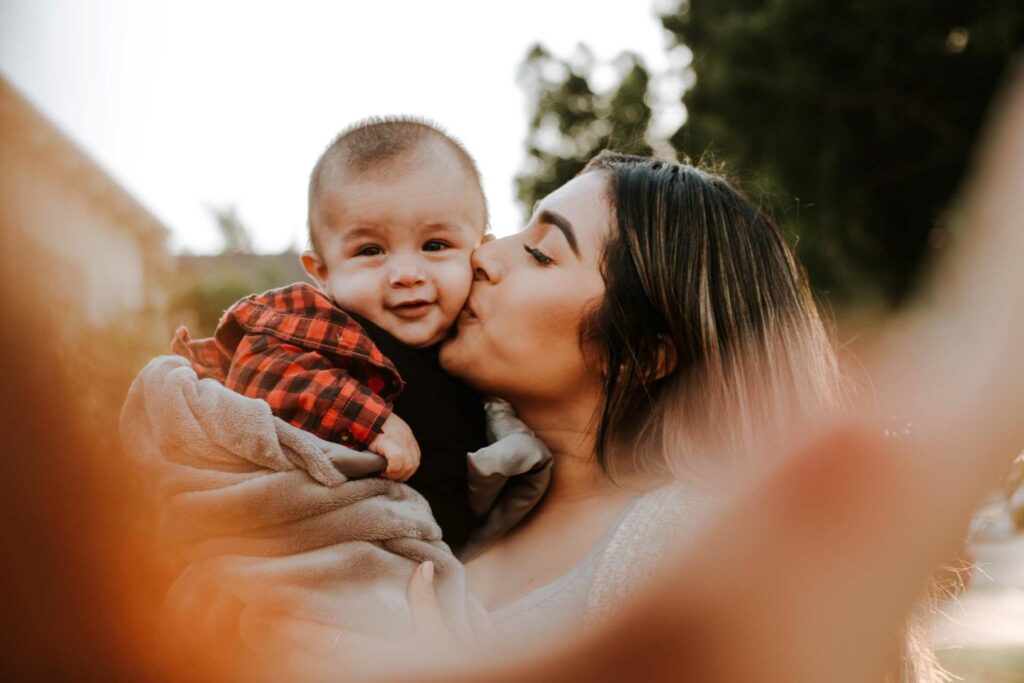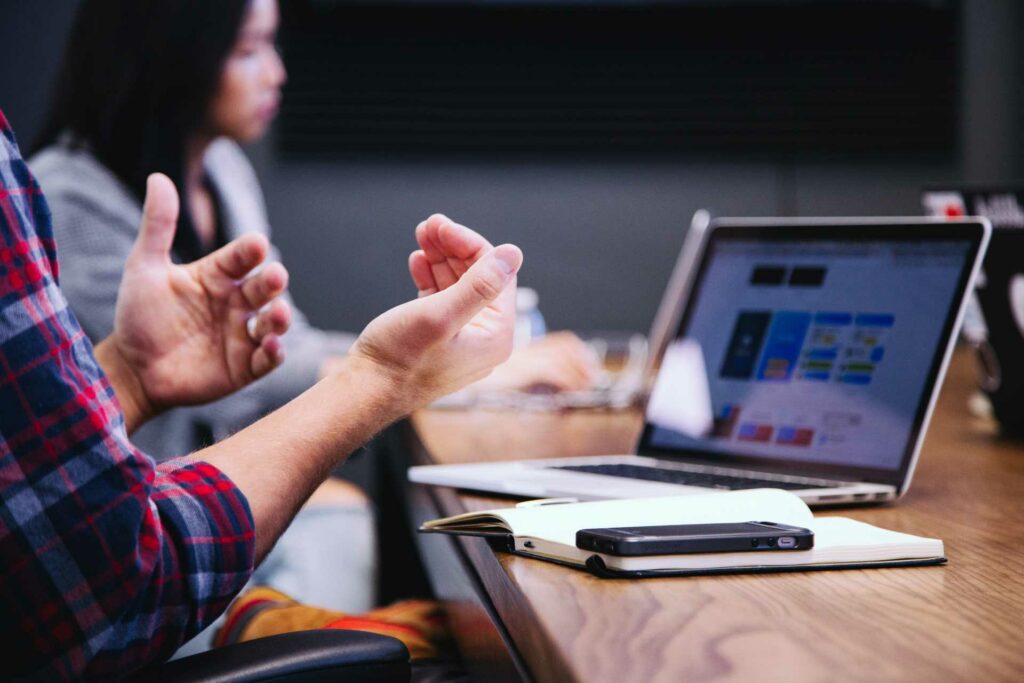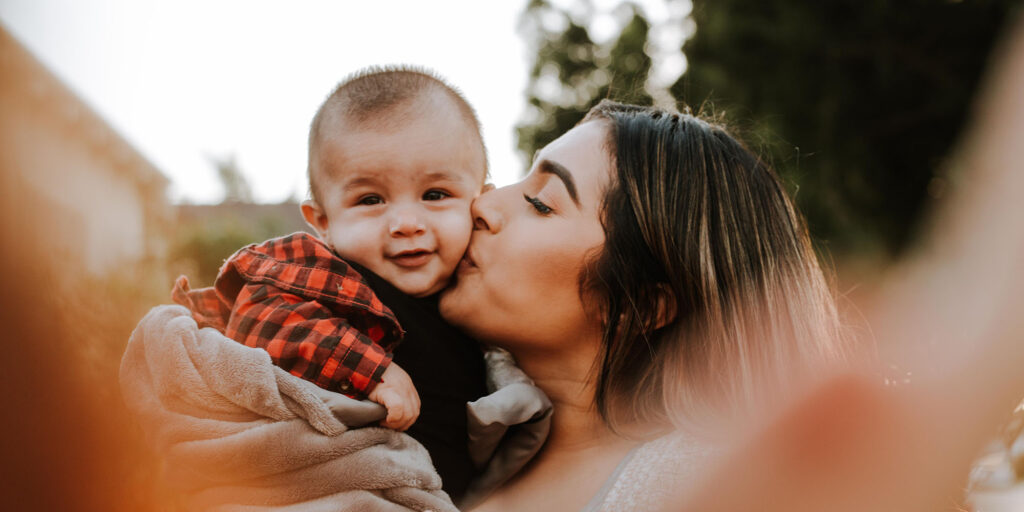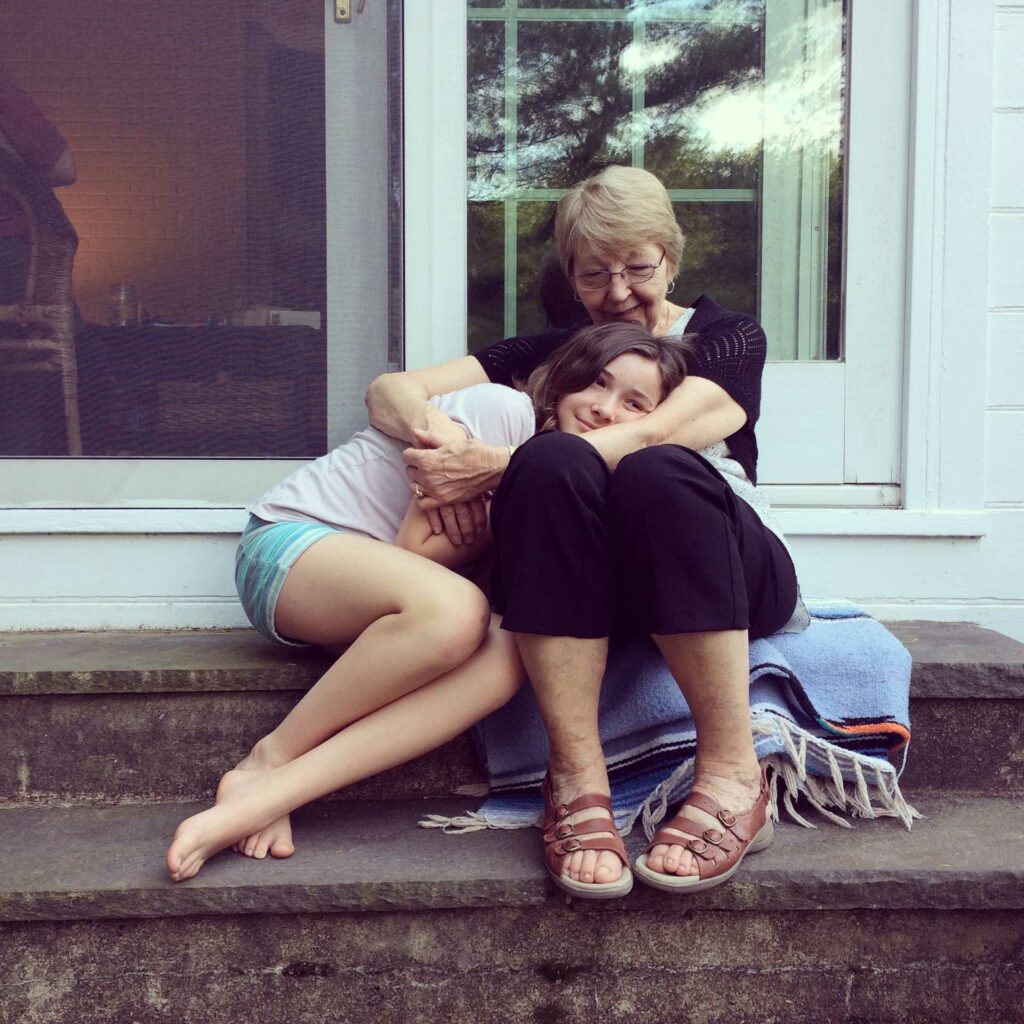‘Is co-creation self-determination?’ This was the question asked by Dr Megan Williams of UTS to an audience of researchers, policy-makers, service providers and community members at Ngadhuri-nya on 15 May in Sydney. Meaning ‘to care for’, the Ngadhuri-nya event launched the first Indigenous-led analysis of the NSW Child Development Study.
What have the Ngadhuri-nya team discovered?
Indigenous researchers shared findings from their analysis of the Aboriginal and Torres Strait Islander cohort within the Child Development Study, in which they looked at priorities including out-of-home care, locational disadvantage and parental incarceration. The research team shared the deeply personal experience of connecting their knowledge as Aboriginal people with their expertise in the western disciplines they have studied and become expert in, a process Dr Williams described as ‘knitting together western health science training and Indigenous knowledge’.
The rates of removal of Aboriginal children from their families, and the reasons for those removals, are devastating. But the message at Ngadhuri-nya was clear: if we are serious about achieving better outcomes for children and families, we need to support research by, not only about, Aboriginal people. We need to share power over knowledge. And we need to support the development of Indigenous knowledge particularly.
Ngadhuri-nya sought to translate the experience of the research process itself, not just the findings. Since then, I have continued to reflect on this key message and its implications for our work at Health Justice Australia.
What Health Justice Australia has to offer
As a national centre of excellence committed to better health and justice outcomes for vulnerable people, Health Justice Australia places great priority on quality evidence. We are developing evidence ourselves and collaborating with others, to gain insights into how best to support people who are vulnerable to unmet legal need and its impact in terms of poor health. In this work, we often ask ourselves, what does success look like? Who gets to decide? How can we facilitate the voices that, while often left out of those decisions, are among the most important: the voices of the people we are trying to help.
We know that agency and self-determination are critical to improved health outcomes for Indigenous and non-Indigenous people alike. If we are truly working towards just outcomes, we need to value the role that processes, as well as outcomes, can play in supporting self-determination. This is relevant across every pillar of our work at Health Justice Australia.
- In our research, through the questions we ask; the ways we investigate those questions; and the people we work with to get to the answers.
- In our commitment to supporting collaborative practice through true, meaningful partnership across health, legal and human services; and between services and the communities they support.
- In our commitment to systems change, by keeping our focus on outcomes at the heart of our policy advocacy.
The more we value the many different voices of experience, of those directly affected by the issues we are working on, the more relevant we are to being part of the change we want to see.





